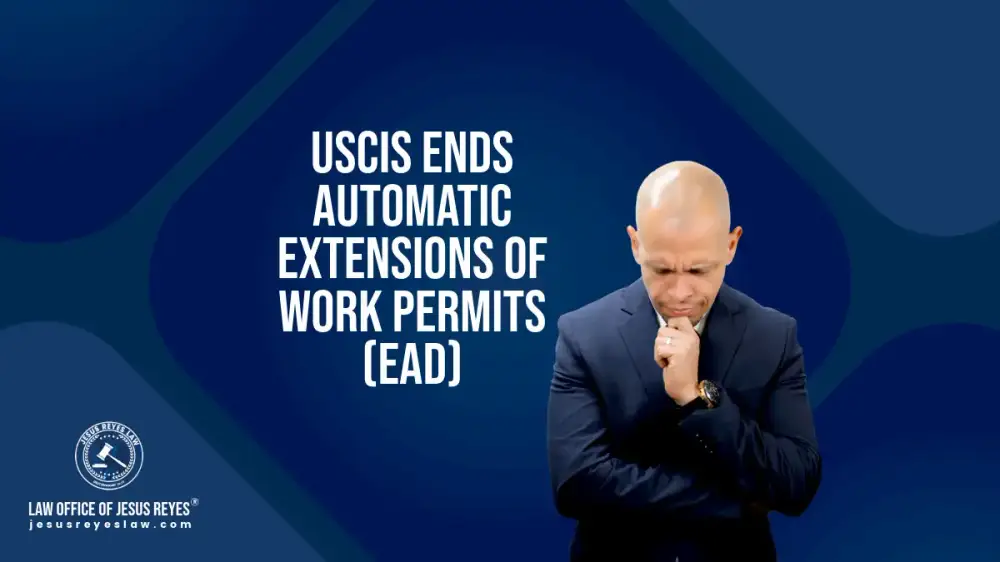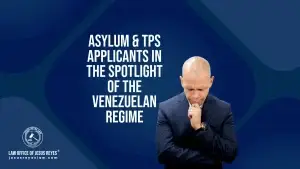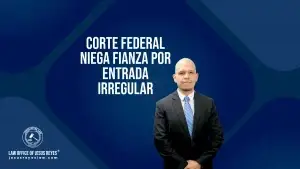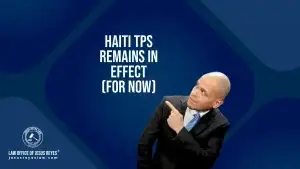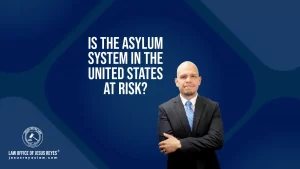USCIS Ends Automatic Extensions of Work Permits (EAD)
The U.S. Department of Homeland Security (DHS), through U.S. Citizenship and Immigration Services (USCIS), has announced a new interim final rule that brings major changes to how work permit (EAD) renewals are handled for immigrants.
As of October 30, 2025, USCIS will no longer automatically extend the validity of Employment Authorization Documents (EAD) when an immigrant files a timely renewal application.
This means individuals will need to wait until their new work permit is approved before they can continue working legally in the United States.
What Does This Mean?
Until now, many immigration categories — such as asylum seekers, TPS holders, and green card applicants — benefited from automatic extensions of up to 540 days while USCIS processed their renewal applications.
Under the new rule, these automatic extensions will no longer apply.
The only exceptions are cases where the extension is explicitly authorized by law or by a Federal Register notice, such as certain Temporary Protected Status (TPS) designations.
Why Did the Government End Automatic Extensions?
According to DHS, the purpose of this decision is to prioritize national security and identity vetting before granting new work authorization.
Officials stated that the automatic extension policy allowed some individuals to keep working without completing background checks, which they claim could pose potential security risks.
This measure follows new directives issued by President Donald Trump, through the following Executive Orders:
- E.O. 14159 – “Protecting the American People Against Invasion”
- E.O. 14161 – “Protecting the United States From Terrorists and Other National Security and Public Safety Threats”
Who Will Be Affected by This Change?
This new rule impacts thousands of immigrants who previously depended on the automatic extension to keep their jobs while waiting for USCIS approval.
The affected groups include:
- 🕊️ Asylum applicants
- 🌎 Temporary Protected Status (TPS) holders
- 🏡 Adjustment of Status applicants (Green Card applicants)
- 💼 Spouses of H-1B, L-1, or E visa holders
- 🔹 Other immigrants with pending USCIS applications
Employers must also adapt to this change. They will now need to reverify employment authorization using Form I-9 and ensure that employees do not work with expired EAD cards.
Who Is Not Affected?
Immigrants who already received an automatic extension before October 30, 2025, will keep their extension until its current expiration date.
Additionally, TPS holders whose work authorization is extended through Federal Register notices or by law will continue to benefit from those automatic extensions.
What Are the Practical Consequences for Immigrants?
This new policy may cause temporary employment gaps for immigrants whose EADs are about to expire.
If your current EAD expires and USCIS has not approved your renewal, you must stop working until you receive the new card.
To avoid interruptions, immigrants are advised to:
- File their EAD renewal early (USCIS recommends up to 180 days before expiration).
- Keep their receipt notice (Form I-797C) for reference, even though it is no longer valid proof of work authorization.
- Seek professional legal guidance to review available immigration options or alternative forms of employment authorization.
How to Submit a Public Comment
DHS is accepting public comments for 30 days on this new rule.
You can submit your comment online through:
📩 www.regulations.gov
🗂️ Docket No.: USCIS-2025-0271
The end of automatic work permit extensions marks a major shift in U.S. immigration policy.
While DHS argues this decision will strengthen vetting and national security, it could also lead to job interruptions and uncertainty for many immigrants.
If your work permit is set to expire soon, don’t wait until the last minute.
Seek professional legal advice to protect your employment status and stay compliant with U.S. immigration law.
Need help renewing your work permit or understanding how this rule affects you?
Our legal team is ready to guide you every step of the way.
